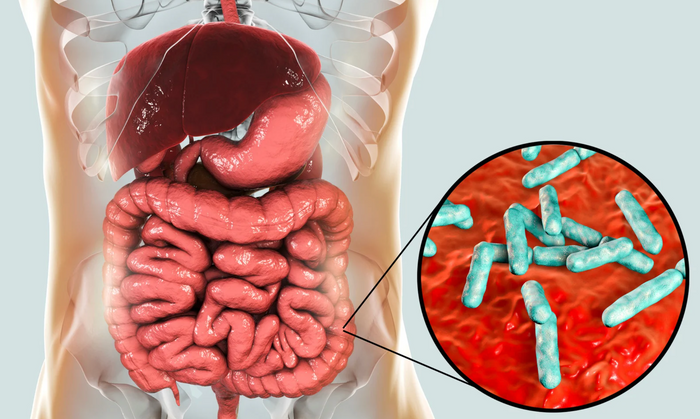We often think of blood sugar and heart rate as separate health metrics, but they’re more connected than you might expect. Fluctuations in blood glucose—both high and low—can influence heart rate in the short term, and over time, poorly managed blood sugar may contribute to serious cardiovascular complications.
Understanding the Basics
Blood sugar (glucose) is your body’s main source of energy and rises after eating, particularly meals high in carbohydrates or sugar. Your heart rate—how many times your heart beats per minute—is regulated by your nervous system and can rise in response to various factors like stress, movement, or hormonal shifts.
Short-Term Effects
Spikes or dips in blood sugar can trigger noticeable changes in heart rate. A sharp drop in blood sugar, known as hypoglycaemia, can cause the body to activate its fight-or-flight response, releasing hormones like adrenaline and cortisol. This may result in a racing heart, palpitations, shakiness, or anxiety. While this is more common in people with diabetes, it can also happen after long fasting periods or highly refined, carb-heavy meals that lead to a rebound drop in glucose.
On the flip side, very high blood sugar (hyperglycaemia) can also stimulate the sympathetic nervous system, increasing heart rate and even suppressing the calming parasympathetic response. This double hit can leave your heart racing, and your nervous system stressed. Research shows that people with higher fasting glucose tend to have higher resting heart rates—an early signal of potential metabolic imbalance.
Long-Term Risks
When blood sugar is chronically elevated, it increases the risk of developing cardiac arrhythmias, particularly atrial fibrillation. This risk applies not just to those with diabetes, but also to people with prediabetes or poor metabolic control. Elevated glucose can lead to inflammation, oxidative stress, and the formation of harmful compounds called advanced glycation end products (AGEs), which damage blood vessels and heart tissue. Over time, this contributes to atherosclerosis, high blood pressure, and heart failure.
How to Support Heart and Blood Sugar Health
- Eat balanced meals consisting of whole, unrefined foods
- Walk after meals to help manage glucose and improve heart health.
- Track your heart rate and glucose responses, ideally using tools like a continuous glucose monitor (CGM).
- Keep an eye on trends in your resting heart rate—consistently high readings could be a red flag.
Maintaining stable blood sugar isn’t just about energy—it’s vital for your heart.
























